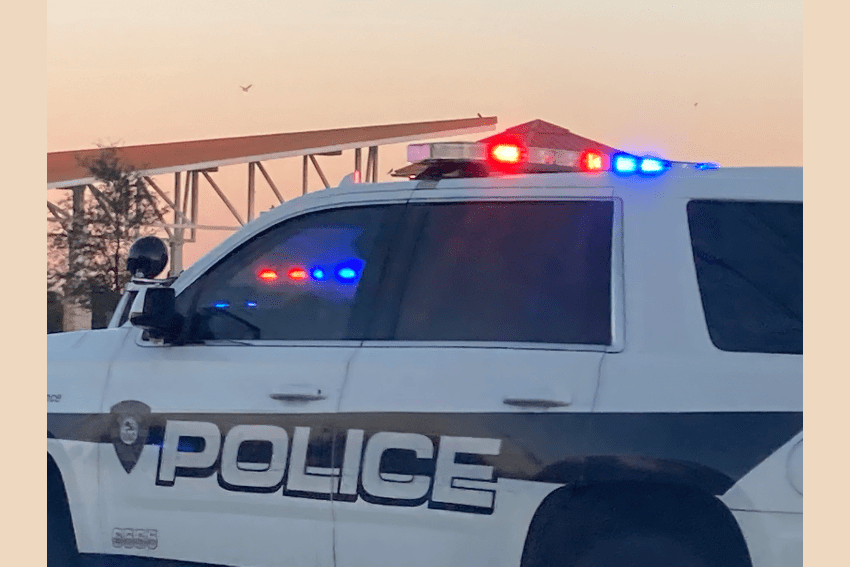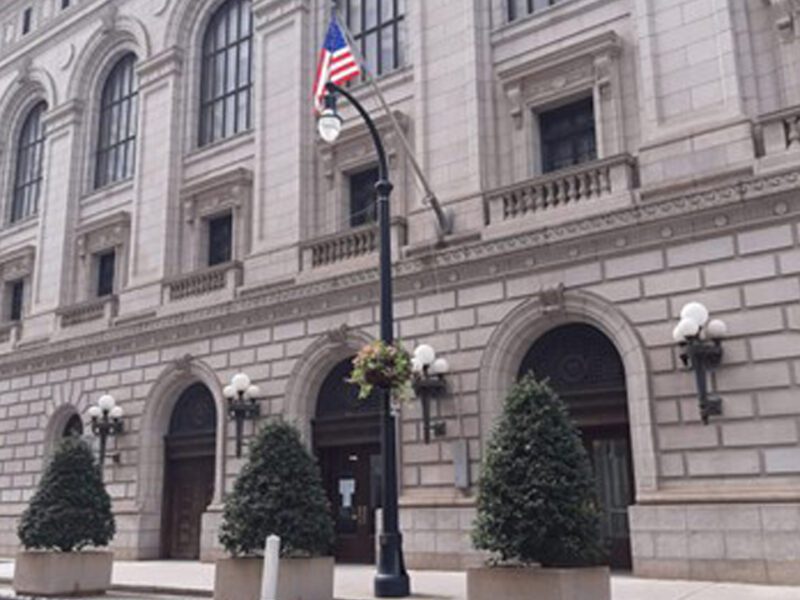False reports: South Florida high schools locked down after ‘swatting’ calls about active shooters
South Florida Sun-Sentinel | By Shira Moolten | October 11, 2022
Multiple high schools went into lockdown in Broward, Miami-Dade and Palm Beach counties Tuesday morning as police responded to false calls of active shooters.
Police determined the calls to be false alarms. But that didn’t make the experience any less real for students and their parents.
“Today was hell,” said Evelyn Anderson, whose son attends Boca High School in Palm Beach County. Anderson is from the United Kingdom; her son had been attending school in the U.S only for a year.
She went to get coffee across the street from the school after dropping off her son Tuesday morning and saw dozens of police cars and ambulances go by. When she checked her phone, her son had texted, “We are locked in. I am hiding in a uniform closet. Do you think I am safe here?”
For the next half hour, she said, she stood outside the school with other parents texting their children what to do if a shooter comes near them and telling them they loved them.
“Not so glib the experience of Boca High and other South Florida families today,” she said.
All high schools in Broward County were put under “secure” status out of an abundance of caution, according to the school district; parents were alerted about noon that the secure status was lifted after the calls were determined to be false.
The first schools received calls either about active shooters or suspicious individuals by mid-morning: West Broward High in Pembroke Pines, Charles W. Flanagan High in Pembroke Pines, Pompano Beach High, and Dillard High in Fort Lauderdale. All were confirmed secure before noon.
Closing arguments in the trial of confessed Parkland gunman Nikolas Cruz started shortly after 9 a.m. in the Broward County Courthouse in Fort Lauderdale, although no officials connected the spate of hoax calls with the trial.
As the day progressed, false reports occurred across Florida, including in Naples, Sarasota, Tampa, Gainesville and Orlando.
False active shooter calls, or “swattings,” are a growing phenomenon across the United States, and Florida is part of a recent surge, according to the National Association of School Resource Officers. The calls that prompt lockdowns result in social media messages and text messages about students hiding under desks and in closets, creating panic among parents and caregivers. The FBI is investigating the spate of active shooter calls this fall in states from South Carolina to Minnesota.
“While we have no information to indicate a specific and credible threat, we continue to work with our local, state, and federal law enforcement partners to gather, share, and act upon threat information as it comes to our attention,” James Marshall, a spokesperson for the FBI’s Miami bureau, said in a statement Tuesday.
At West Broward High in Pembroke Pines on Tuesday morning, police searched the school after receiving a single call that they later determined was a swatting call.
“Our search of the West Broward campus has been completed, and no threats were located. The school remains safe & secure. Our agency will continue to investigate the source of the swatting call,” the police department said in a tweet.
A similar situation unfolded at Boca High School about the same time. Again, police received a single call and determined there was no real threat.
“We received one call in reference to this suspicious incident,” the police department said in a tweet.
Cardinal Newman High School in West Palm Beach also received an unfounded report.
In Miami, both Miami Central High and Ronald Reagan/Doral Senior High received calls, with reports of 10 students injured at Miami Central High.
Luis Sierra, a spokesman for the Miami-Dade police department, said the calls came from a foreign country.
“They called two schools from numbers out of the country,” Sierra said. “Our units are there. No one has heard of any shots fired and we’re searching the schools.”
He said authorities do not know the precise origin of the calls.
”We’ll take this over a real-life scenario,” he said.






